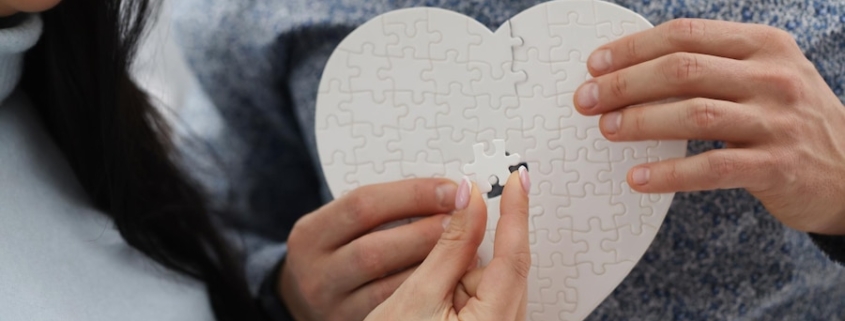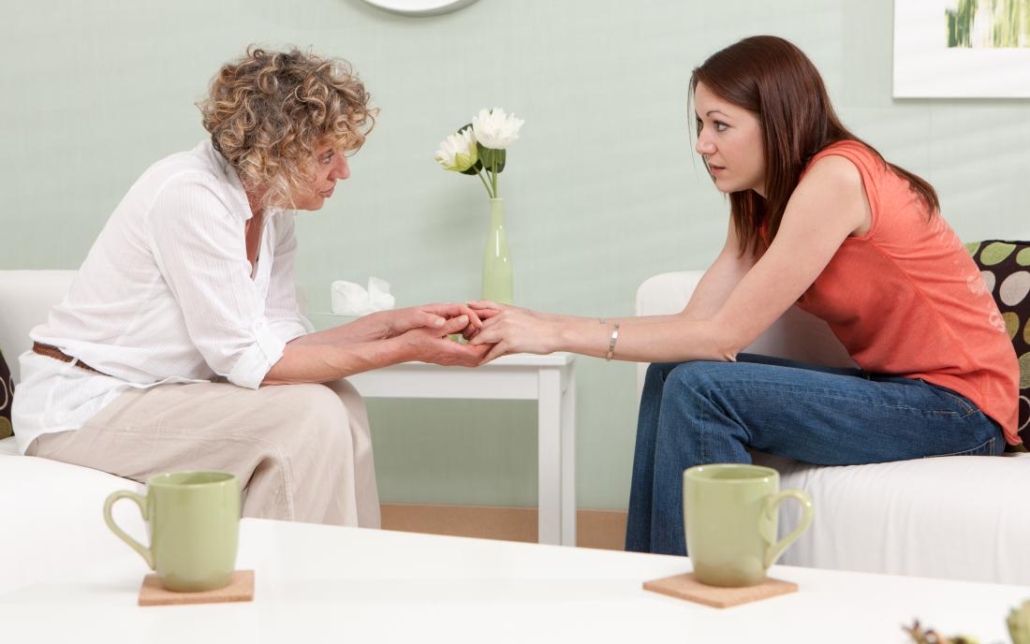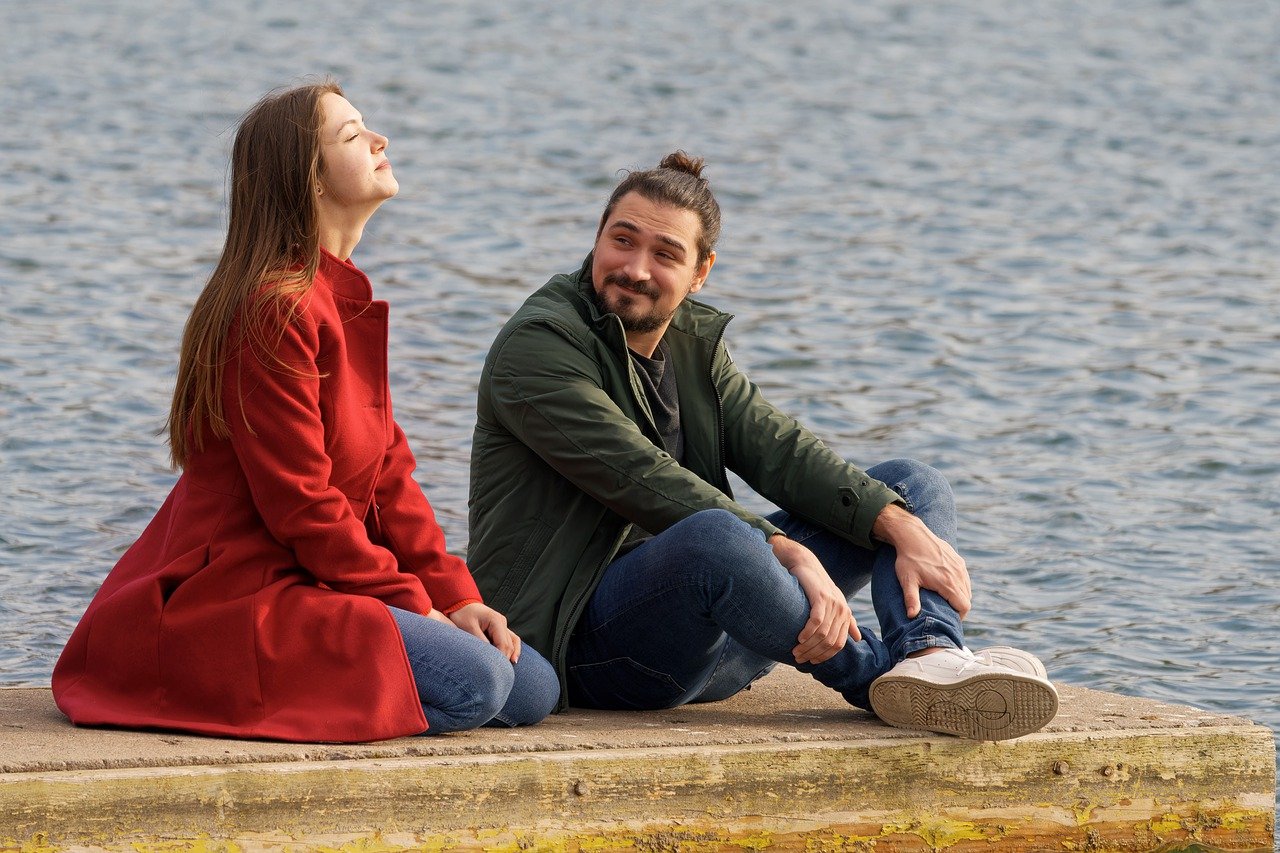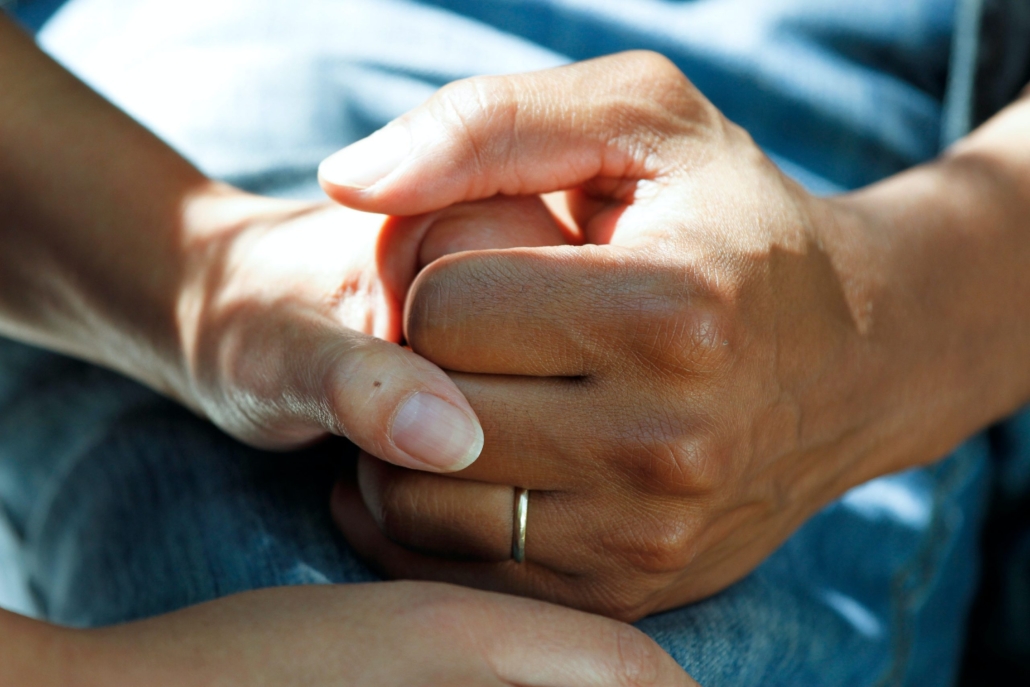When you or your partner struggles with addiction, it can feel like your relationship is on shaky ground. Addiction doesn’t just affect the individual—it ripples through the entire relationship, creating stress, eroding trust, and challenging even the strongest of bonds. For couples in Orange County seeking a way to heal together, Couples Rehab offers a unique opportunity: a path to recovery that strengthens not just individuals but relationships as well.
This guide will walk you through the key aspects of finding the best drug and alcohol rehab for couples, why choosing a couples-focused program like Couples Rehab in Orange County is crucial, and how it can change the course of your relationship for the better.
Why Couples Rehab Matters: Healing Together
Addiction often isolates people, making it difficult to connect with loved ones. However, when both partners seek treatment together, they gain the tools to support each other on the path to recovery. Couples Rehab in Orange County understands that addiction isn’t just an individual issue—it’s a relationship challenge. Their programs are designed to address the unique needs of couples, offering a holistic approach that helps rebuild trust, enhance communication, and foster mutual accountability.
Key benefits of couples rehab:
- Shared Healing: Both partners work through addiction-related issues together, fostering empathy and understanding.
- Rebuilding Trust: Therapy sessions focus on repairing the damage addiction has caused in the relationship.
- Enhanced Communication Skills: Couples learn how to express their needs and feelings in healthier, more constructive ways.
What to Look for in a Couples Drug and Alcohol Rehab Center
Not all rehab centers are created equal. When searching for a program that will work for both you and your partner, it’s important to consider factors such as accreditation, therapy options, and a proven track record. Here are some key elements to prioritize:
1. Specialized Couples Programs
Many rehab facilities treat individuals, but few offer tailored programs for couples. Look for centers like Couples Rehab, which focus exclusively on helping partners recover together. These programs address the dynamics of addiction within a relationship, offering a blend of individual and couples therapy.
2. Experienced Staff
Recovery is a deeply personal journey, and having compassionate, skilled professionals makes all the difference. At Couples Rehab, the team includes licensed therapists, addiction specialists, and medical professionals who understand the unique challenges couples face in recovery.
3. Comprehensive Treatment Options
Every couple’s journey is different, and effective rehab programs should reflect that. Couples Rehab in Orange County offers a range of evidence-based treatments, including:
- Detox Services: Supervised care to safely manage withdrawal symptoms.
- Individual Therapy: A chance for each partner to address their own struggles with addiction.
- Couples Counseling: Sessions that focus on relationship dynamics and building a strong foundation for sobriety.
- Group Therapy: Opportunities to connect with other couples on similar journeys.
4. Aftercare Support
Recovery doesn’t end when treatment does. A good rehab center provides robust aftercare programs to help couples stay on track long-term. Couples Rehab offers continuing care plans, including relapse prevention strategies and ongoing counseling.
Why Choose Couples Rehab in Orange County?
Orange County offers a serene, supportive environment for healing, making it an ideal location for couples in need of rehab services. Couples Rehab stands out as a leader in the region, combining expert care with a commitment to helping couples rebuild their lives together.
Key highlights of Couples Rehab:
- Customized Programs: Every couple’s situation is unique, and their treatment plans reflect that. From detox to aftercare, each step is tailored to your specific needs.
- Luxury Accommodations: Recovery is challenging, but the comfortable, peaceful setting at Couples Rehab helps ease the process.
- Focus on Relationships: Unlike traditional rehab centers, Couples Rehab places your partnership at the heart of the healing journey.
- Local Expertise: Located in Orange County, the center is deeply connected to the community, offering a trusted resource for couples in the area.
The Process of Couples Rehab: What to Expect
Starting rehab can feel intimidating, but understanding the process helps reduce anxiety. Here’s an overview of what you can expect at Couples Rehab:
Step 1: Assessment and Intake
Every couple begins with a thorough assessment to determine their needs. This includes evaluating addiction severity, relationship dynamics, and any co-occurring mental health issues.
Step 2: Detox (if needed)
For couples struggling with substance dependence, a medically supervised detox is the first step. This ensures safety and comfort during withdrawal.
Step 3: Therapy and Counseling
Both individual and couples therapy sessions play a central role in treatment. Therapists at Couples Rehab use evidence-based approaches like Cognitive Behavioral Therapy (CBT) and Emotionally Focused Therapy (EFT) to help couples address both personal and relational challenges.
Step 4: Skill-Building Workshops
Rehab isn’t just about quitting substances—it’s about learning new ways to navigate life together. Workshops focus on conflict resolution, communication, and relapse prevention.
Step 5: Aftercare Planning
Long-term recovery requires a solid plan. Couples work with their care team to develop strategies for maintaining sobriety, including access to support groups and follow-up counseling.
Why Orange County is Ideal for Couples Rehab
Orange County offers more than just beautiful scenery—it provides a tranquil setting perfect for recovery. The area’s temperate climate and access to outdoor activities make it easier for couples to focus on their healing journey. Choosing Couples Rehab in Orange County also ensures you’re working with a facility deeply rooted in the local community, offering resources and connections to support your long-term success.
Addressing Common Concerns About Couples Rehab
“What if only one of us wants treatment?”
It’s not uncommon for one partner to feel hesitant about rehab. At Couples Rehab, the team specializes in helping couples navigate these concerns, encouraging open communication and fostering motivation for change.
“Can we heal our relationship after addiction?”
Absolutely. While addiction can strain even the strongest relationships, the right support can help rebuild trust and connection. Couples therapy sessions at Couples Rehab are designed to address these challenges head-on.
The Long-Term Benefits of Couples Rehab
The journey to recovery is about more than quitting substances—it’s about creating a healthier, happier future together. Couples who go through rehab often report improved communication, deeper emotional intimacy, and a stronger sense of partnership. By addressing addiction and relationship issues simultaneously, Couples Rehab in Orange County helps couples achieve lasting change.
Key long-term benefits:
- Stronger Bonds: Working through challenges together strengthens your relationship.
- Improved Mental Health: Sobriety often leads to reduced stress, anxiety, and depression for both partners.
- Life Skills for the Future: Couples leave rehab equipped with tools to handle life’s challenges without turning to substances.

Frequently Asked Questions (FAQ) for Couples Rehab in Orange County
1. What is Couples Rehab, and how is it different from individual rehab?
Couples Rehab is a specialized addiction treatment program designed for partners who want to recover together. Unlike individual rehab, which focuses solely on one person’s journey, couples rehab addresses the dynamics of the relationship. At Couples Rehab in Orange County, therapy sessions include individual and joint counseling to rebuild trust, improve communication, and foster mutual support during recovery.
2. Why should we choose a couples-focused rehab program?
Addiction affects both partners in a relationship, often creating cycles of conflict, enabling, or codependency. A couples-focused rehab program helps address these patterns by treating both individuals and their relationship as a unit. Programs at Couples Rehab in Orange County are designed to heal addiction while strengthening the partnership, ensuring long-term success for both individuals.
3. What types of therapy are offered at Couples Rehab?
Couples Rehab in Orange County offers a variety of evidence-based therapies, including:
- Cognitive Behavioral Therapy (CBT): Helps identify and change harmful thought patterns.
- Emotionally Focused Therapy (EFT): Strengthens emotional bonds and improves communication.
- Family Therapy: Focuses on repairing relationships impacted by addiction.
- Group Therapy: Provides a supportive environment to share experiences with other couples.
Each treatment plan is tailored to the unique needs of the couple.
4. Can we attend Couples Rehab if only one of us is struggling with addiction?
Yes, Couples Rehab in Orange County welcomes couples where only one partner is battling addiction. The program helps the non-addicted partner better understand their role in the recovery process while fostering healthier communication and relationship dynamics.
5. What is the process for enrolling in Couples Rehab?
The enrollment process at Couples Rehab in Orange County includes the following steps:
- Initial Consultation: Discuss your needs with a team member.
- Assessment: A thorough evaluation of addiction severity, mental health, and relationship dynamics.
- Treatment Plan Creation: A customized plan is developed based on your unique situation.
- Program Admission: Begin your recovery journey with detox (if needed), therapy, and skill-building sessions.
6. Does Couples Rehab offer detox services?
Yes, Couples Rehab in Orange County provides medically supervised detox services to help couples safely manage withdrawal symptoms. Detox is the first step in recovery, ensuring a clean slate before beginning therapy and counseling.
7. How long does a couples rehab program typically last?
The duration of a couples rehab program depends on individual needs and addiction severity. Most programs at Couples Rehab in Orange County range from 30 to 90 days, with extended care options available for those requiring additional support.
8. What happens after we complete the couples rehab program?
Couples Rehab in Orange County offers comprehensive aftercare plans to ensure long-term success. These include:
- Relapse prevention strategies
- Continued couples and individual counseling
- Support group recommendations
- Ongoing check-ins with therapists
Aftercare is designed to help couples maintain their sobriety and relationship growth beyond the program.
9. Can couples rehab help with co-occurring mental health disorders?
Yes, Couples Rehab in Orange County specializes in treating co-occurring disorders, such as anxiety, depression, or PTSD, alongside addiction. The program includes dual diagnosis treatment to address mental health issues while focusing on addiction recovery.
10. What makes Orange County an ideal location for couples rehab?
Orange County offers a serene and supportive environment for recovery. The region’s beautiful beaches, temperate climate, and access to outdoor activities create a calming atmosphere ideal for healing. Couples Rehab in Orange County leverages this setting to provide a peaceful and rejuvenating space for couples to focus on their recovery journey.
Take the First Step with Couples Rehab in Orange County
If you and your partner are ready to start the journey to recovery, Couples Rehab is here to help. Located in the heart of Orange County, the center offers a unique, relationship-focused approach to addiction treatment. With compassionate care, evidence-based programs, and a commitment to helping couples heal together, Couples Rehab provides the support you need to rebuild your lives.
Don’t wait to take the first step. Reach out to Couples Rehab today and start your journey toward a healthier, happier future—together.

















